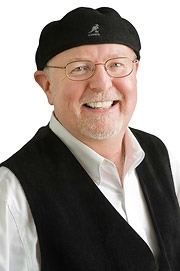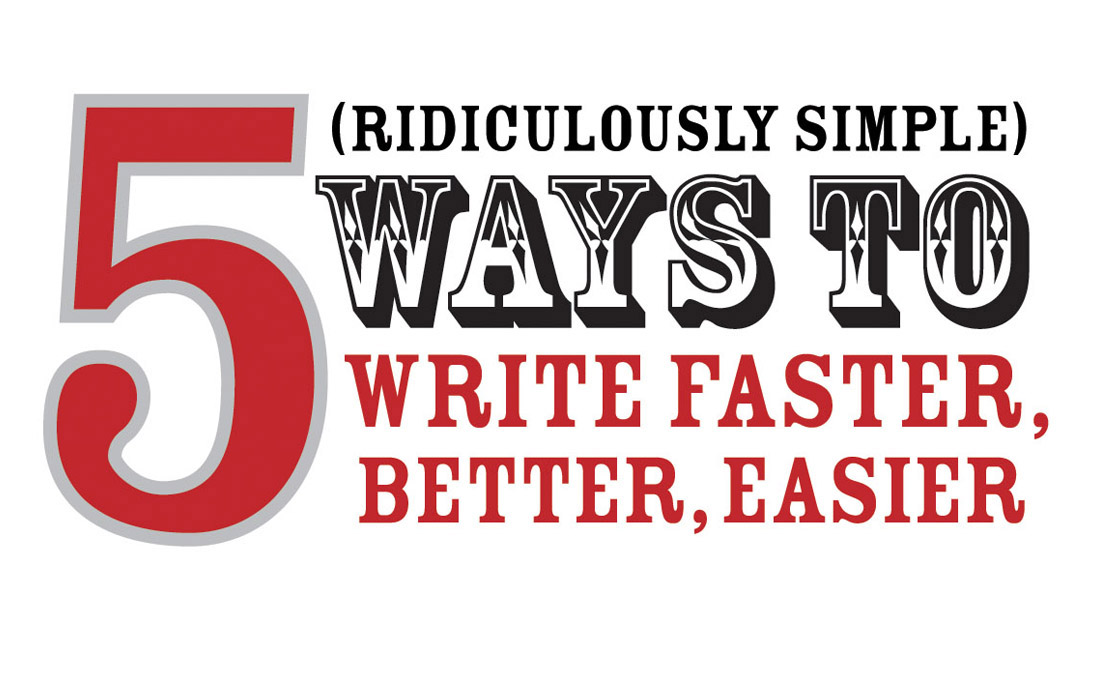The AGE CURVE and Corporate Video Storytelling
 Tuesday, July 22, 2008 at 07:58AM
Tuesday, July 22, 2008 at 07:58AM I’m really not into numbers. I’ll take a story any day, thank you.
But wait.
What happens when a demographer, a numbers guy, takes a bunch of U.S. census data from five generations and shows you through simple, practical, real-life stories how this information can affect every aspect of your business?
You get “The Age Curve,” a fascinating new book by visionary demographer Ken Gronbach.And what exactly does generational marketing have to do with your corporate video? Everything.
Let’s start with this. There are five generational markets in Ken’s model:
1. The GI Generation (born 1905 to 1924)
2. The Silent Generation (born 1924 to 1944)
3. The Baby Boomers (born 1945 to 1964)
4. Generation X (born 1965 to 1984)
5. Generation Y (born 1985 to 2010)
Of the five generations, it’s Gen Y that caught my attention. It should catch yours, too.
By 2010, Gen Y, 100 million of them, will be the largest generation we have ever seen in the history of the United States; the most consuming generation ever. Can you say “marketing opportunities?”
On page 212, Ken writes, “However, selling to this generation is not going to be a given just because your company has a cool product or service. Generation Y will look deeper into who you are and want to know about your company policies on recycling, environmental responsibility, company initiatives, pollution history, and human rights.”
Now add (as I see it) into the mix Gen Y’s media habits and values:
- Social networking
- Reality television
- User-generated content
- On-line video
- Humanitarian causes
- Honesty
- Family time
- Flexible hours
At the end of a recent phone call with Ken, he said this:
“Communicating to Gen Y = Telling a poignant story.”
Ken nailed it.
As a filmmaker, I'm now wondering how "poignant stories" will impact video creation within organizations. Here's a few questions racing through my mind:
• How will video be used in your organization’s communications efforts?
• Who will discover and capture your company’s message on video?
• What kinds of video stories will your organization produce?
• Will they be about your policies? Initiatives? Products? Services? HR issues?
• Will your stories share your company’s humanitarian and green efforts?
• Who will be your audience? Internal? External? Both?
• How will you distribute your video stories?
• Who will be the “voice” in sharing your company’s story on video?
Not sure where this leaves us, but it certainly raises some important questions.
Does Generation Y storming the workforce change how your organization will use video from a content and story perspective? Is it business as usual? Or is it a game-changer?
What do you think?
* Disclosure: I’ve produced films for Ken and received The Age Curve book for free through his publicist. Regardless, it still doesn't change the importance of his message.







